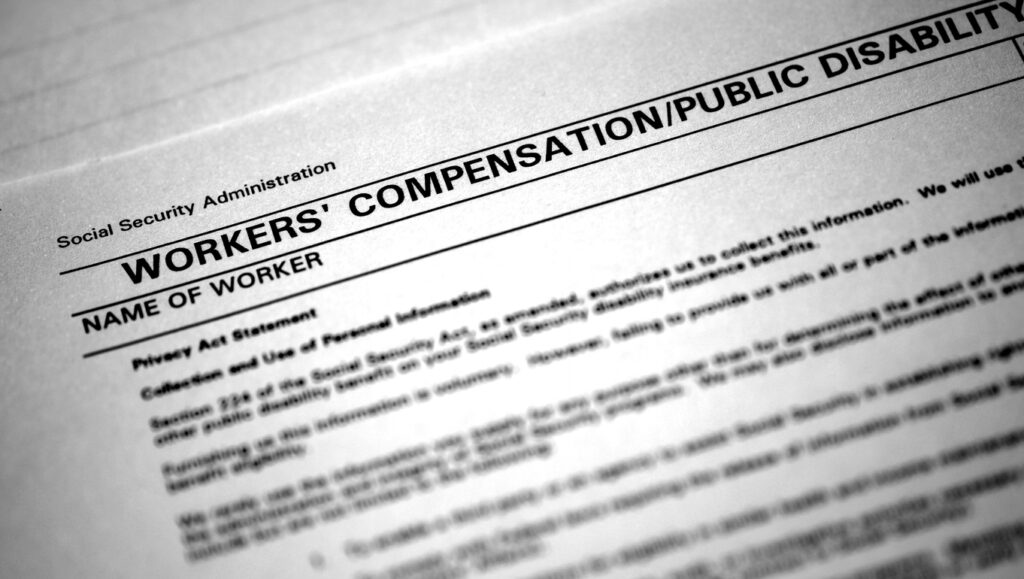Filing for workers compensation in any state follows more or less the same steps. In this article, let’s go through the claim process in Illinois. Need help filing for workers compensation in Illinois? Look no further.
It is important to note that Illinois is a no-fault state when it comes to workers compensation claims. The employer is liable to pay workers compensation, no matter who is negligent or responsible for the workplace accident. Therefore, you don’t have to worry about whether you’re entitled to workers’ compensation. You have the right to seek workers compensation benefits if you were injured or became ill at work.
The catch is benefits under the workers’ compensation program are not granted automatically. You have to follow a procedure that entails the following steps:
- Get Treated and Secure a Physician’s Report
You have to seek medical intervention immediately for your workplace injuries. It is the supervisor’s responsibility to call an ambulance or medical provider. Your employer may also have a preferred medical provider for these cases.
If your injuries are not severe enough to warrant an ambulance, you should still seek medical attention as soon as possible. You must document your injuries and any medical treatment you receive. This information is necessary when filing your workers’ compensation claim.

Don’t forget to secure a copy of the physician’s report. This document covers your injury or illness, severity, and treatments for recovery.
The physician’s report is crucial in deciding workers compensation benefits, return to work, and necessary accommodations for injured employees. It’s used by the employer’s insurance provider and the Illinois Workers’ Compensation Commission.
- File a Report With Your Employer
Reporting an injury to your employer is mandatory within 45 days of its occurrence in Illinois. Failure to do so can make you ineligible for workers compensation benefits. Submit the report to your supervisor or HR staff.
It is crucial to make this report as detailed as possible. You must provide information about your injuries and the circumstances that led to them. Adding the time, date, location, and other pertinent information about your condition is vital. You need to file this report because the employer cannot file a claim with their insurance company without it.
- File a Workers’ Compensation Claim
This is another report you have to file, but this must be submitted to the IWCC. The IWCC is responsible for ensuring that employees injured on the job receive the necessary compensation and medical treatment. Filing a report with the IWCC is a crucial step in protecting your rights as an employee.

In most cases, your employer should provide the necessary forms. Make sure you file the correct one. Form IC-45 is for injuries sustained in the course of a workplace accident. If you developed an occupational disease due to your work environment, file Form IC-10 instead.
- Wait for a Decision
After filing reports to your employer and the IWCC, you need to wait for a decision. The employer or insurer will launch an investigation to verify the information you provided. If your claim gets approval, you will receive workers’ compensation benefits such as medical reimbursements, wage replacement, and disability benefits.
What Can I Do If My Workers Compensation Claim Is Denied?
If your employer and their insurer decide to deny your workers compensation claim, don’t be disheartened. You still have the option to file an appeal to the IWCC. However, you have to raise this appeal within three years from the day you acquired the injury.
You must file an Application for Adjustment of Claim with the IWCC to appeal. The commission arranges an arbitration hearing with an impartial third party to help resolve disputes.
When to Consult a Workers’ Compensation Attorney
Consulting a lawyer who specializes in workers compensation claims has several advantages. You can secure the services of a lawyer the moment you suffer a workplace injury or illness. A dedicated lawyer can guide you through the process and protect your rights and best interests throughout the ordeal.
Additionally, having legal representation can increase the likelihood of receiving fair compensation for your injuries. The lawyer can help gather evidence, negotiate with insurance companies, and advocate for your case in court if necessary. An experienced attorney can make the workers compensation process easier to navigate and avoid common pitfalls that could jeopardize your claim.

